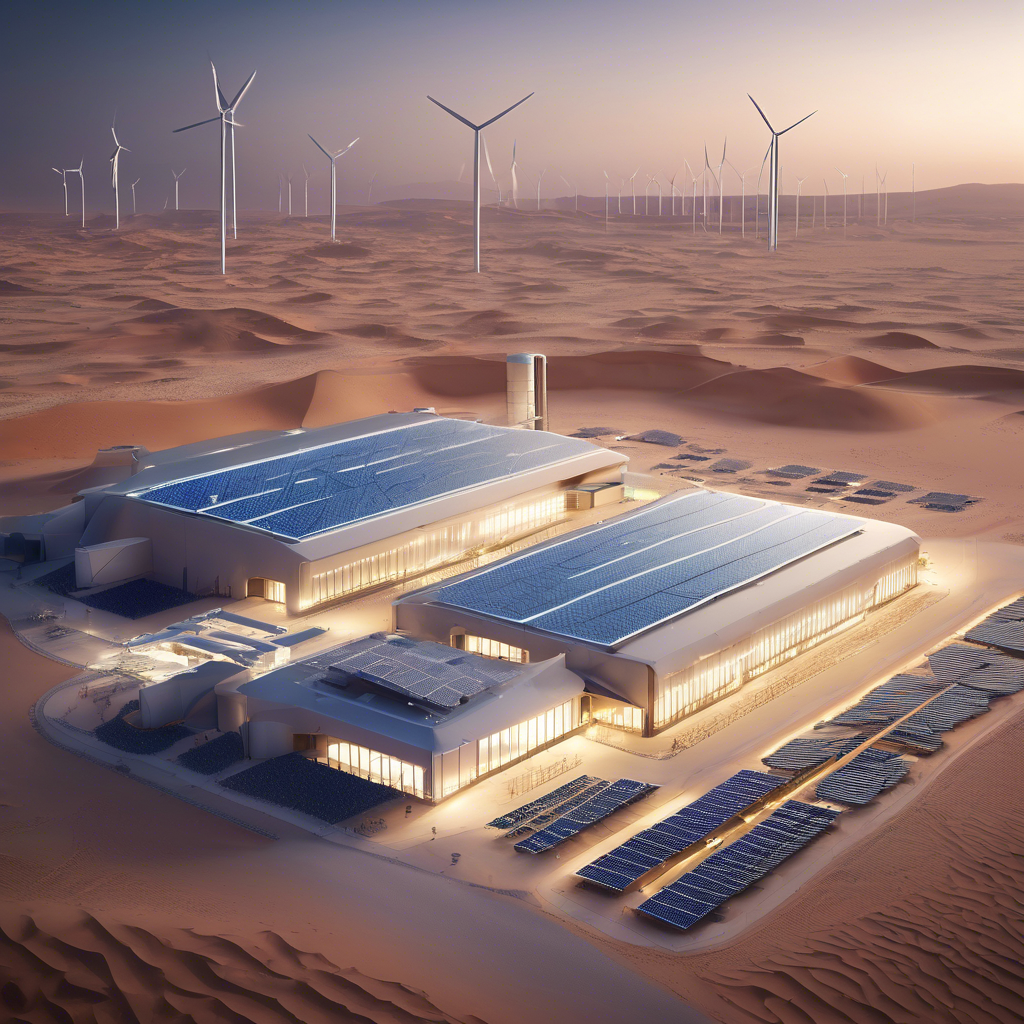Trump Announces $600 Billion U.S.-Saudi Investment Boost Focusing on AI and Semiconductor Tech

During a recent visit to Saudi Arabia, former President Donald Trump announced a dramatic increase in U. S. -Saudi investment deals totaling over $600 billion. Central to these agreements is a partnership between U. S. tech giant Nvidia and the Saudi-backed AI firm Humain, aiming to develop advanced AI facilities in Saudi Arabia powered by state-of-the-art American semiconductor chips. This initiative marks a significant policy shift, reversing earlier Biden administration restrictions that limited the Middle East’s access to advanced U. S. AI microchips. The Biden-era export controls were designed to prevent the spread of advanced technology to sensitive regions, including the Middle East, due to security and technology transfer concerns. However, the recent policy changes have removed these barriers to strengthen U. S. -Saudi technological ties and promote American semiconductor leadership internationally. In line with this shift, the U. S. Department of Commerce rescinded prior chip export rules and declared that the global use of Huawei’s Ascend chips now violates U. S. export controls, adopting a tougher stance against Chinese tech companies by restricting the worldwide spread of Huawei’s AI chip technology. The strategically layered aims of these moves include solidifying alliances like Saudi Arabia’s by providing access to sophisticated U. S. technology, thereby reducing regional dependence on Chinese tech solutions and curbing demand for Chinese innovations in key fields such as AI and semiconductors. Unlike the Biden administration’s primarily restrictive approach intended to diminish China’s capabilities, the Trump administration’s strategy is proactive: it offers attractive American alternatives to allies to keep their technology consumption within U. S. supply chains. This approach seeks to indirectly undermine China’s technological progress by limiting its market access in strategic regions. Encouraging allied nations to rely on U. S. suppliers creates a technological ecosystem favoring American innovations while constraining China’s AI and semiconductor development.
The market responded enthusiastically; Nvidia’s stock surged over 6%, reflecting confidence in expanded opportunities stemming from this partnership with Humain and a broader emerging trend of cross-border collaborations leveraging U. S. tech leadership for regional AI growth. Despite the positive reception, questions about the long-term enforceability and impact of these export controls remain. Historically, ensuring compliance with export and trade regulations has been challenging, especially in complex, fast-changing sectors like semiconductor manufacturing and AI. The globalized nature of supply chains and corporate adaptability could limit the full effectiveness of these measures. These developments illustrate a broader U. S. strategy in its global rivalry with China: using market access, export controls, and strategic partnerships to preserve technological dominance and protect its domestic tech industry. Semiconductors and AI technologies are viewed as critical to economic and national security in the 21st century. The Saudi collaboration and chip export policy reversal represent a major recalibration of U. S. foreign economic and security policy by investing heavily in allied technological capabilities and integrating them within American supply chains. This strengthens U. S. geopolitical influence while countering China’s ambitions in vital tech sectors. In conclusion, these announcements signify a strong U. S. commitment to reshaping the global technological landscape to favor American interests through strategic investments, export policy reforms, and partnership-building. The success of this approach will rely on sustained enforcement, ongoing innovation, and the willingness of international allies to align with U. S. policy goals.
Brief news summary
Former President Donald Trump announced over $600 billion in U.S.-Saudi investment deals during his visit to Saudi Arabia, highlighted by a landmark partnership between Nvidia and Saudi-backed AI firm Humain to develop advanced AI facilities using American semiconductor chips. This agreement reverses previous Biden-era export restrictions on chip sales to the Middle East, aiming to strengthen U.S.-Saudi technological collaboration and maintain American semiconductor leadership. Concurrently, the U.S. Department of Commerce lifted certain chip export limits but imposed strict controls on Huawei’s Ascend chips, signaling a tougher stance on Chinese technology. These measures intend to slow China’s AI and semiconductor advancements by encouraging allied reliance on U.S. technology through market controls and strategic alliances. Nvidia’s stock rose over 6% amid investor enthusiasm, though the long-term effects remain uncertain. Overall, these developments highlight the U.S. commitment to sustaining technological dominance and geopolitical influence amid intensifying competition with China in AI and semiconductor sectors.
AI-powered Lead Generation in Social Media
and Search Engines
Let AI take control and automatically generate leads for you!

I'm your Content Manager, ready to handle your first test assignment
Learn how AI can help your business.
Let’s talk!

Saudi Arabia wants to build its post-oil future w…
© 2025 Fortune Media IP Limited.

Circle launches USDC and native CCTP V2 on the So…
Circle, the issuer of stablecoin USD Coin (USDC), has announced that native USDC is now available on the Sonic blockchain following the completion of the bridged-to-native upgrade for both USDC and CCTP V2.

Audible to use AI technology to produce audiobooks
Audible plans to offer "end-to-end" AI production technology—including translation and narration—to publishers for creating audiobooks.

NFT Market Experiences Significant Growth Amid Bl…
The Non-Fungible Token (NFT) market is experiencing significant growth, heralding a transformative era for digital ownership and the art industry.

Google is testing AI search on its homepage
Google's reliable search button now has a new companion: AI Mode.

Blockchain Technology Facilitates Cross-Border Pa…
In recent years, international businesses have increasingly adopted blockchain technology to improve efficiency and reduce costs in cross-border payments.

Smart Contracts: The Future of Automated Business…
Smart contracts are revolutionizing business agreements by automating execution and reducing reliance on intermediaries.

 Auto-Filling SEO Website as a Gift
Auto-Filling SEO Website as a Gift








 Auto-Filling SEO Website as a Gift
Auto-Filling SEO Website as a Gift

